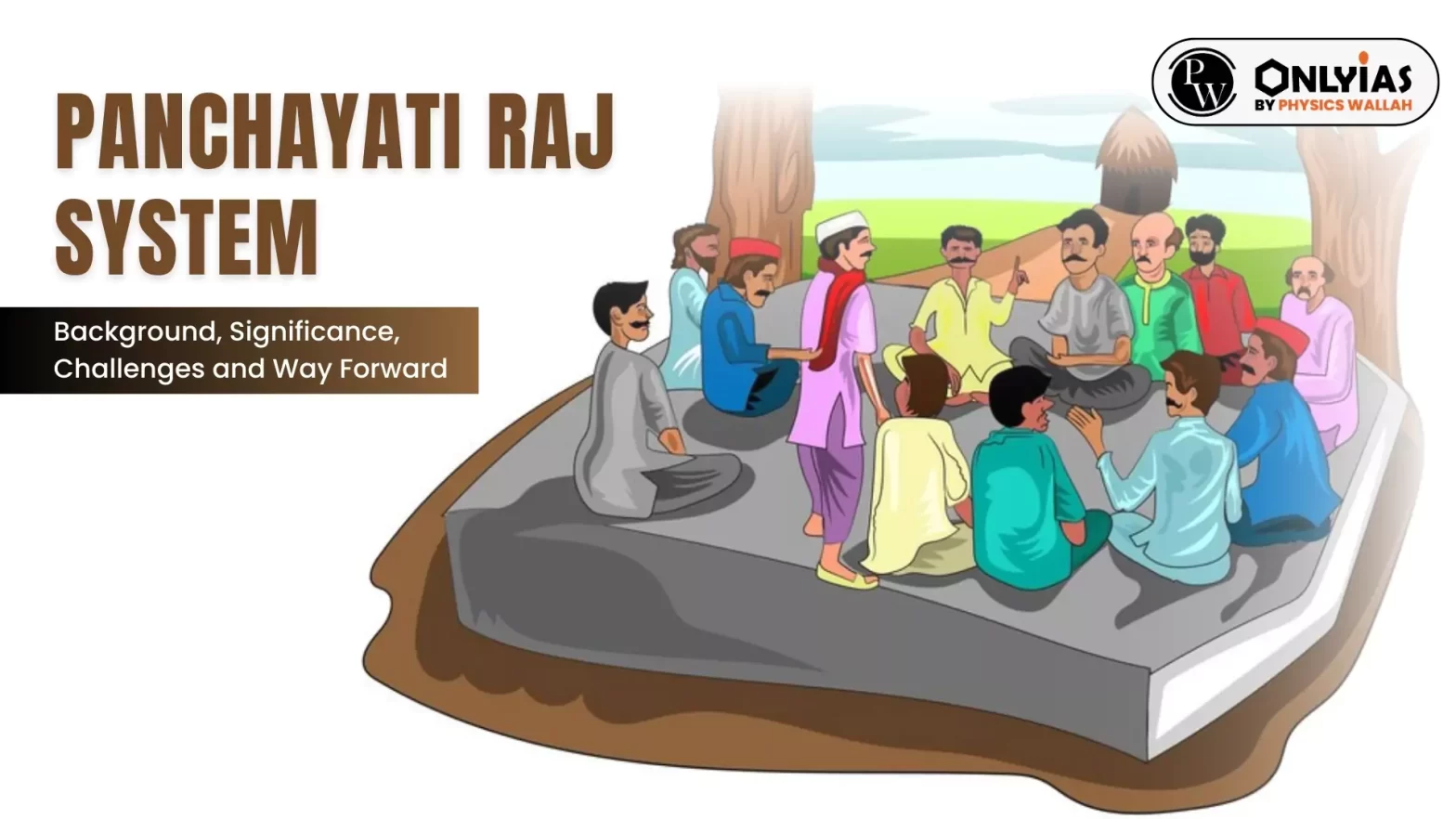![]() 21 Feb 2024
21 Feb 2024

This editorial is based on the news “Having panchayats as self-governing institutions” which was published in the Hindu. This article highlights decentralisation and its effectiveness and challenges in India and emphasises the need for greater efforts towards further self-sufficiency and a more positive outlook for decentralisation.
| Relevancy for Prelims: LOCAL SELF-GOVERNMENT, RBI Report On Finance Of Panchayati Raj In India, and 73rd & 74th Amendments Acts.
Relevancy for Mains: Panchayati Raj Systems in India- Historical Background, Significance, Challenges and Way Forward. |
|---|
| Prelims PYQ (2015):
The fundamental object of Panchayati Raj system is to ensure which among the following? 1. People’s participation in development 2. Political accountability 3. Democratic decentralization 4. Financial mobilization Select the correct answer using the code given below. (a) 1, 2 and 3 only (b) 2 and 4 only (c) 1 and 3 only (d) 1, 2, 3, and 4 Ans (c) |
|---|
| Must Read | |
| NCERT Notes For UPSC | UPSC Daily Current Affairs |
| UPSC Blogs | UPSC Daily Editorials |
| Daily Current Affairs Quiz | Daily Main Answer Writing |
| UPSC Mains Previous Year Papers | UPSC Test Series 2024 |

<div class="new-fform">
</div>